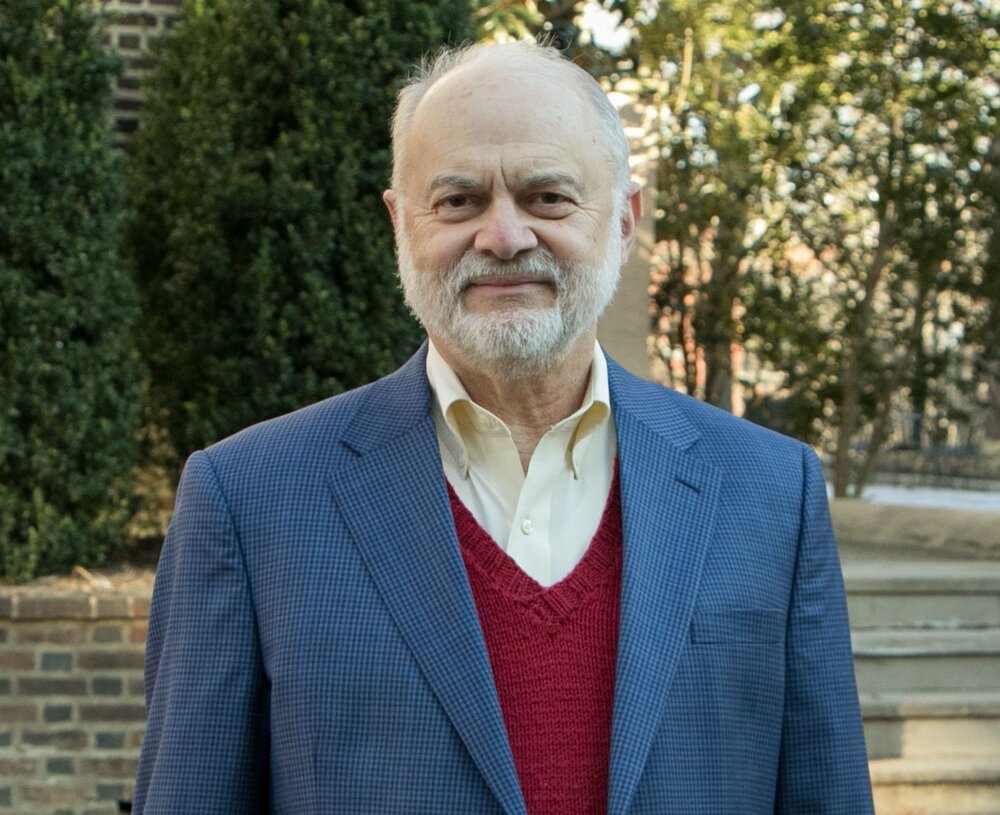Americans skeptical of major political parties: professor

TEHRAN – A professor emeritus at Northwestern University says that the American public is cynical about the performance of the two major parties when it comes to elections and democracy.
“I think the public has a basic trust in democracy but is skeptical about how it is being practiced by both of the major political parties,” David H. Zarefsky tells the Tehran Times.
About the upcoming midterm congressional elections in the U.S., Zarefsky predicts that “it promises to be a highly consequential midterm election; that is, the outcome will make a big difference.”
Last week, former U.S. President Donald Trump released a blistering statement to mark the Jan. 6 attack on the U.S. Capitol in response to President Joe Biden’s recent address, calling his successor’s remarks “political theater” and an attempt to distract from how Biden has “failed”.
“Biden, who is destroying our Nation with insane policies of open Borders, corrupt Elections, disastrous energy policies, unconstitutional mandates, and devastating school closures, used my name today to try to further divide America,” Trump claimed.
Trump further attacked the Biden administration’s handling of Afghanistan, the economy and the coronavirus pandemic and similarly lashed out at what he termed the “Unselect Committee” in Congress investigating the attacks for not considering the results of the 2020 election to be false, dragging in the “complicit media” as well.
Some political observers believe that the dispute over the 2020 presidential election in the U.S. is not over yet, and this indicates that a considerable percentage of the American public don’t trust election integrity.
Following is the text of the interview:
Q: How do you see the future of democracy in the U.S. in light of efforts by Republicans to undermine it?
A: The essence of democracy is majority rule. Republicans are threatening it by putting into place procedures in several states that would make it easier for the state to certify the election of a candidate who did not receive a majority of the votes in that state. Of course, Republicans would deny that they are undermining democracy; they would claim to be protecting election integrity.
Q: What were the main consequences of Trump's presidency on U.S. democracy and international reputation?
A: Last part first: By withdrawing from international agreements and violating generally accepted international norms, he has called the credibility of American commitments into question. In the first part, he has actively encouraged the behavior I described above.
Q: Some critics say there is no difference between Democrats and Republicans when it comes to political corruption. What is your opinion? Is there a third way?
A; Anyone who would think that has not been paying attention. Of course, to some degree corruption is in the eye of the beholder. Both parties are guilty of corruption, I think, but not equally so.
Q: Some pundits say America is based on values like liberty, democracy and family while others say the country represents capitalism, selfishness and international hegemony. Which of them mirrors the U.S.?
A: This tension (I prefer that to contradiction) has been baked into the American political system from the beginning. In my opinion, the country tends to oscillate between these competing ideals. Sometimes one is dominant, sometimes the other.
Q: How do you see the upcoming election in the U.S.? Do you think the public trusts the U.S. democracy?
A: It promises to be a highly consequential midterm election; that is, the outcome will make a big difference. I think the public has a basic trust in democracy but is skeptical about how it is being practiced by both of the major political parties.
Leave a Comment